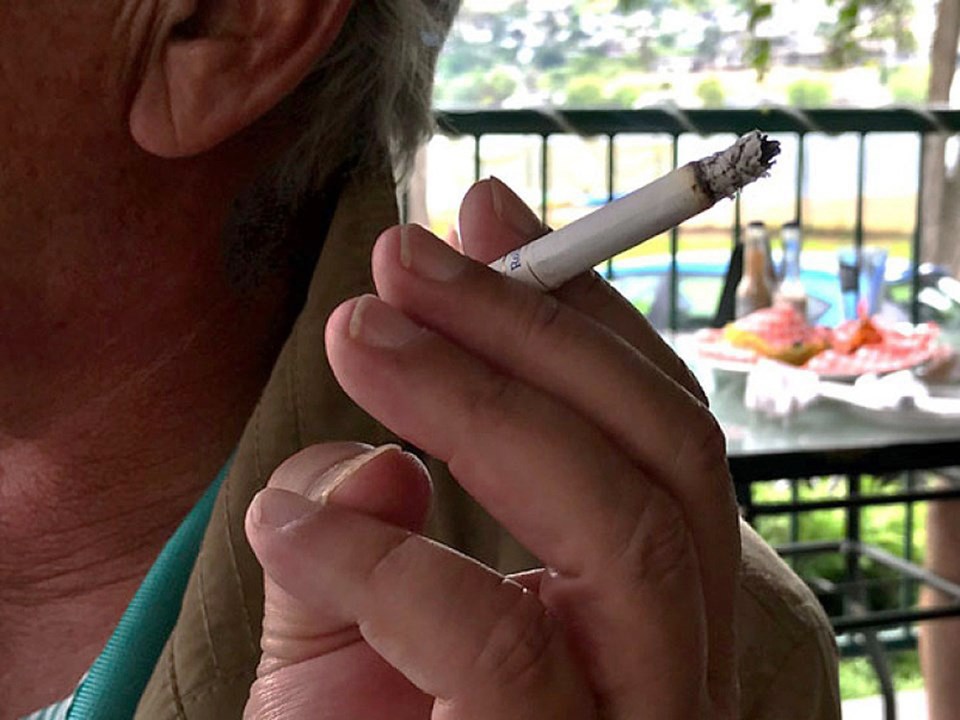The City of Delta has gained some support for its proposal to have the province extend the Extended Producer Responsibility Program to cigarettes and vaping products.
The city put forward a resolution for the Union of B.C. Municipalities to consider at the 2020 convention last September.
The conference ran out of time before the Delta resolution could be considered but UBCM president Brian Frenkel recently notified Delta council the resolution was sent to the UBCM’s executive in February where it was endorsed.
The issue will now be forwarded to the appropriate provincial offices for a response.
The Delta resolution states that waste from smoking cigarettes and vaping is unsightly, toxic to the environment and marine life, and is one of the most common sources of litter in many communities, but awareness and enforcement campaigns have been ineffective and public ashtray programs have had mixed success.
The resolution resolved that the UBCM request the provincial government work with the Canadian Council of Ministers of the Environment to include cigarettes and vaping waste as a priority product category for extended producer responsibility in Canada, consistent with the 2019 Canada-Wide Action Plan on Zero Plastic Waste.
The government is also asked to work with the industry to implement a province-wide extended producer responsibility deposit return program for cigarettes and vaping waste to eliminate litter generated from smoking.
In 2016, the City of North Vancouver submitted a resolution to the UBCM that requested the B.C. Ministry of Environment and Climate Action Strategy implement a province-wide cigarette butt deposit-return program.
The ministry at the time responded that the priority was for new Extended Producer Responsibility programs in the province align with a Canada-Wide Action Plan for Extended Producer Responsibility and include construction and demolition waste, textiles and mattresses as future priorities for regulation.
The addition of tobacco product waste was not being considered at that time and there has been no change in provincial policy.



